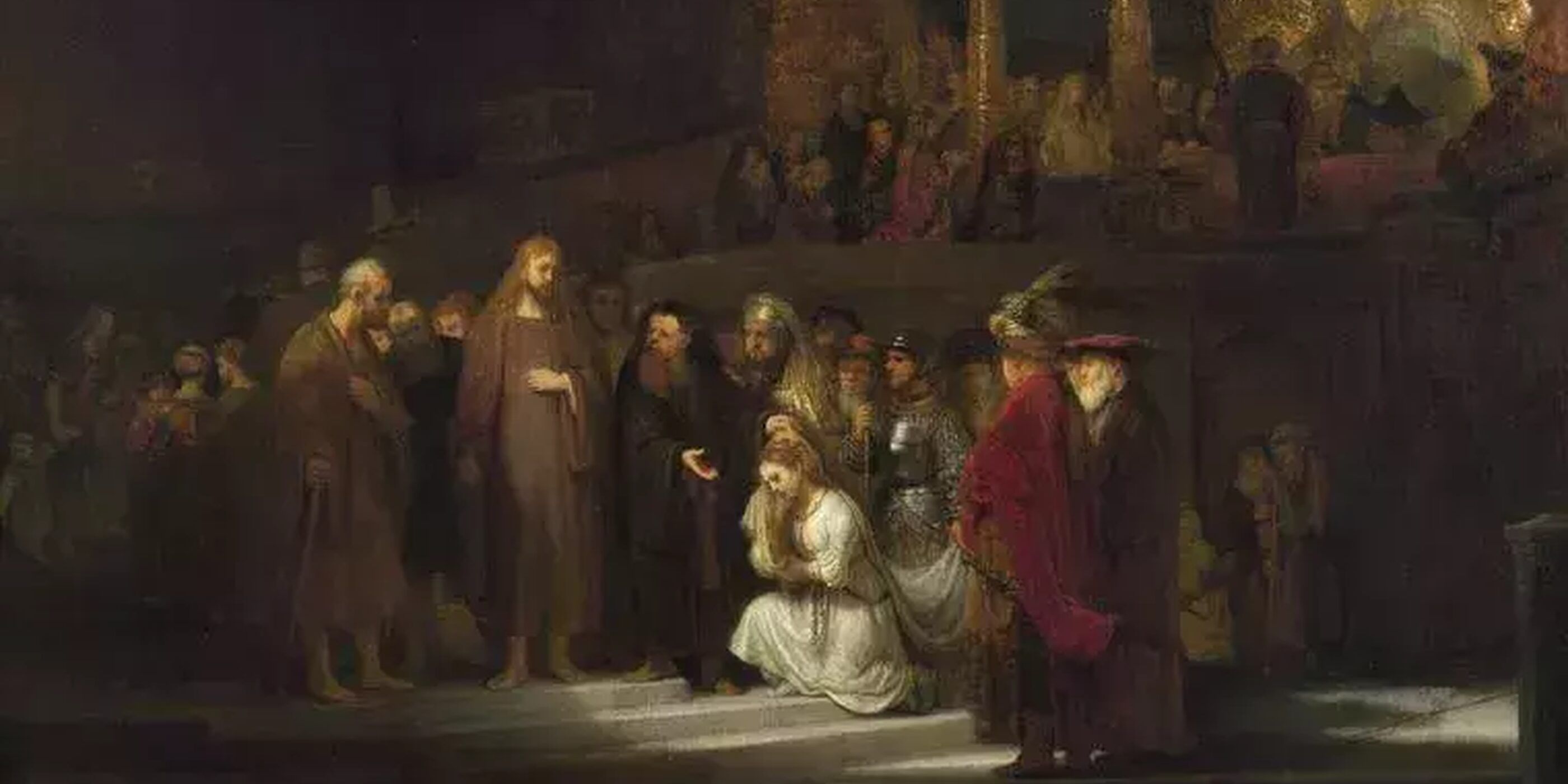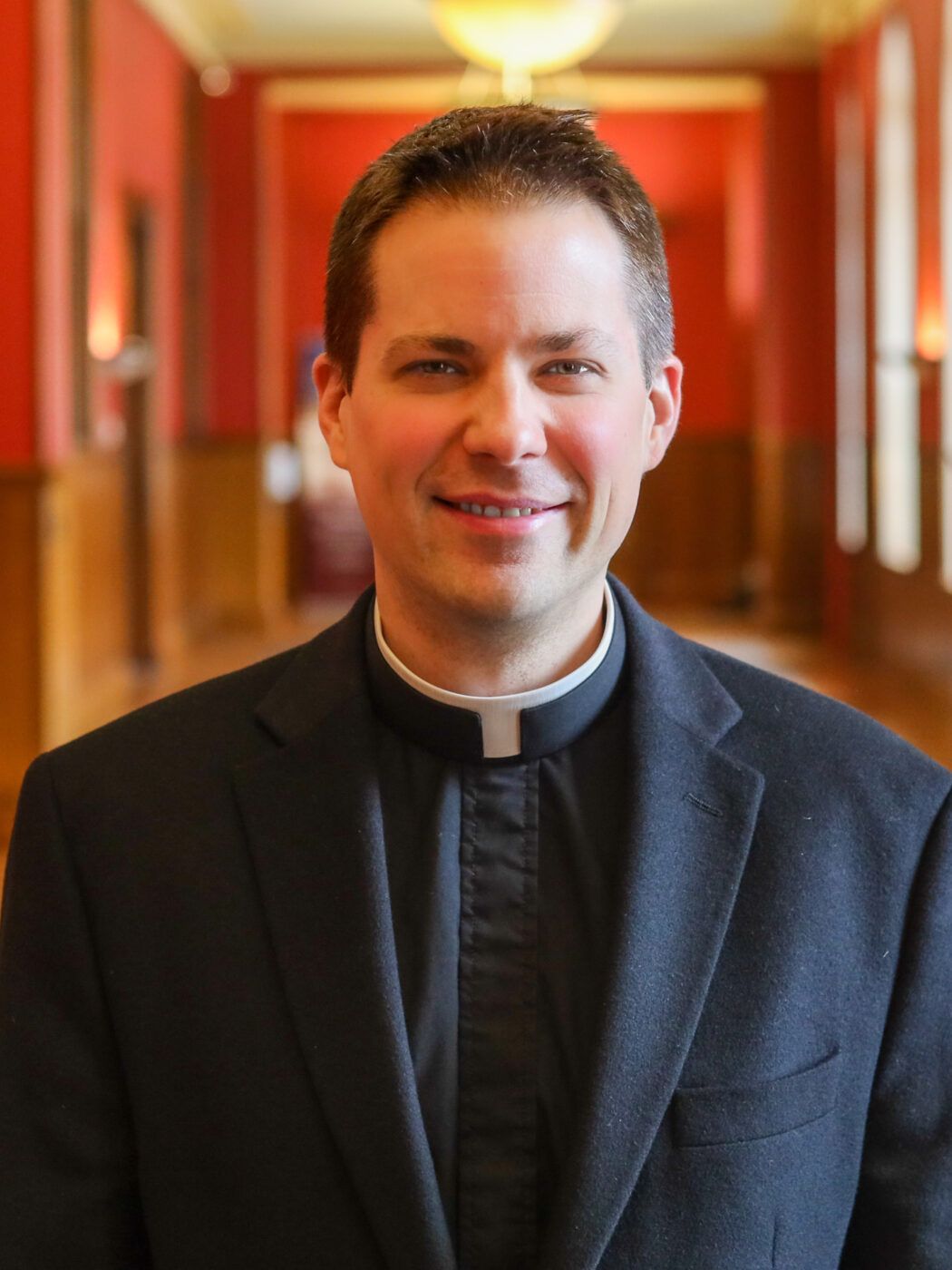It’s not uncommon to hear half-joking references to the burden of “Catholic guilt.” The term comes from a certain caricature of our religion as psychologically invasive and oppressive. Indeed, some early psychologists thought that their mission was to liberate their clients from all the unpleasantness of believing in sin. In this framework, exemplified by the speculations of Sigmund Freud, the Church stood as the chief enemy of human flourishing. By purging our psyches of Catholicism, so this thinking went, our guilt would disappear.
The evident personal and social breakdown that follows from the denial of sin and guilt has done much to discredit this line of thought and to rehabilitate the perennial Catholic view. No one really takes figures like Freud all that seriously any more. On the contrary, guilt is having something of a renaissance in psychological circles today, especially in contradistinction to something that is sometimes confused with it but is very different and very dangerous: shame. More and more people are coming to recognize the authenticity of guilt and the toxicity of shame.
What is the difference between guilt and shame? We find the answer to this question vividly displayed in the gospel we just heard. The woman caught in adultery has done something wrong, gravely so. Guilt follows the recognition of wrongdoing. It is a sign of a functioning conscience. That she is caught in the act of committing this wrong, however, exposes her to shame. Being seen and condemned by others as a moral or professional failure is at the heart of shame. It is a powerful social force for keeping people “in line.” The scribes and Pharisees who encircled the woman probably thought their shaming her was an essential moral police action. Adultery is bad and should be discouraged, and there is no better discouragement than publicly humiliating adulterers. This seems like a sound social policy.
The problem is that it lives out of rank hypocrisy. The Lord clears away the shaming crowd so that He can be alone with this broken, sinful person. Only after the condemning circle is dispersed can the adulterous woman come to terms with her real situation before the One she has ultimately wronged in her sin: God. When the voice of shame is silenced and she lifts her eyes to Christ she finds not condemnation but the offer of reconciliation. This is what the sense of guilt, not shame, makes possible, as long as it moves us to raise our eyes to the Lord.

We most likely never have been in a position like the woman caught in adultery with an angry, stone-slinging crowd gathered around us, though the online version of moralistic bullying was prevalent enough at the height of cancel culture. On the other hand, I would imagine most everyone has experienced an interior version of this drama. We do not need a condemning crowd physically gathered around us to be oppressed by their voices. Our imaginations carry their censure with more than enough distinctness. Most of the time we impose their condemnation on ourselves when we know we have failed to live up to the world’s expectations. This is shame and it gets us nowhere. Shame distracts us from looking to the One whose gaze heals us from our sins. When shame bears down on us, we have to call out to Christ to break its stranglehold so that we can be alone with Him, so that we can hear Him speak peace into our guilt.
In the 12th chapter of the Letter to the Hebrews, we hear that Christ endured the Cross, despising the shame, for the sake of the joy that lay before Him. Through the Cross, then, Christ overcame not only sin and death, but shame as well. In the Passion, He allowed Himself to be surrounded by the circle of the world’s condemnation. He did not disperse them or slip through them as He did so many other times in His ministry. Instead, He endured their rejection and thus gave us the power to endure it too. He did so for the sake of sharing the joy that was always His. This is the joy He continues to share with sinners who, forsaking shame, look up to Him and find pardon and peace.


